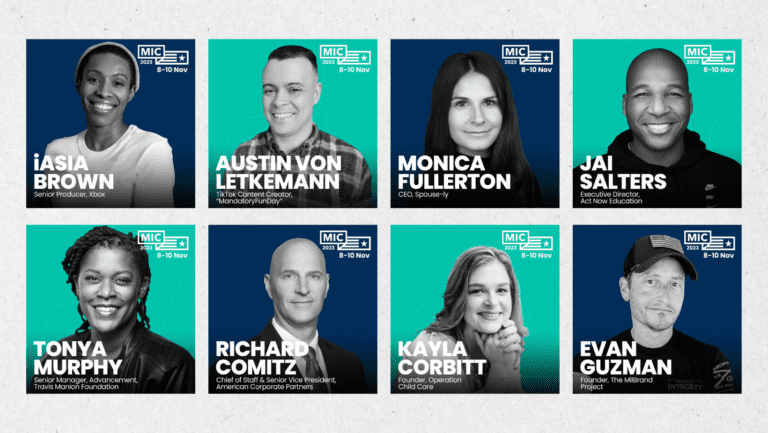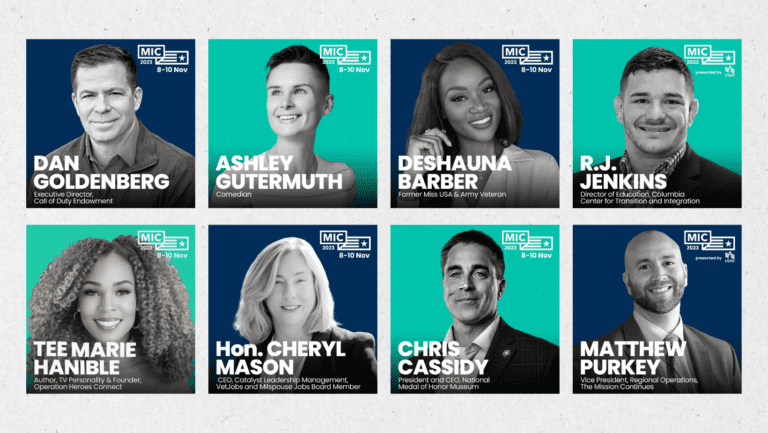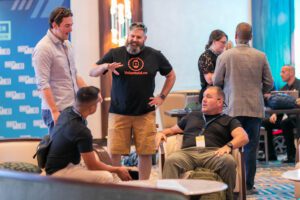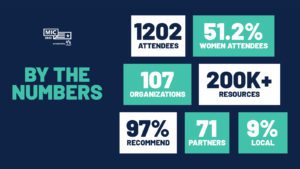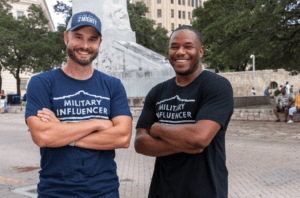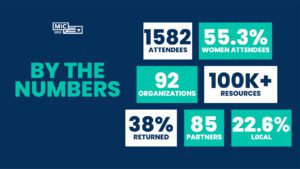
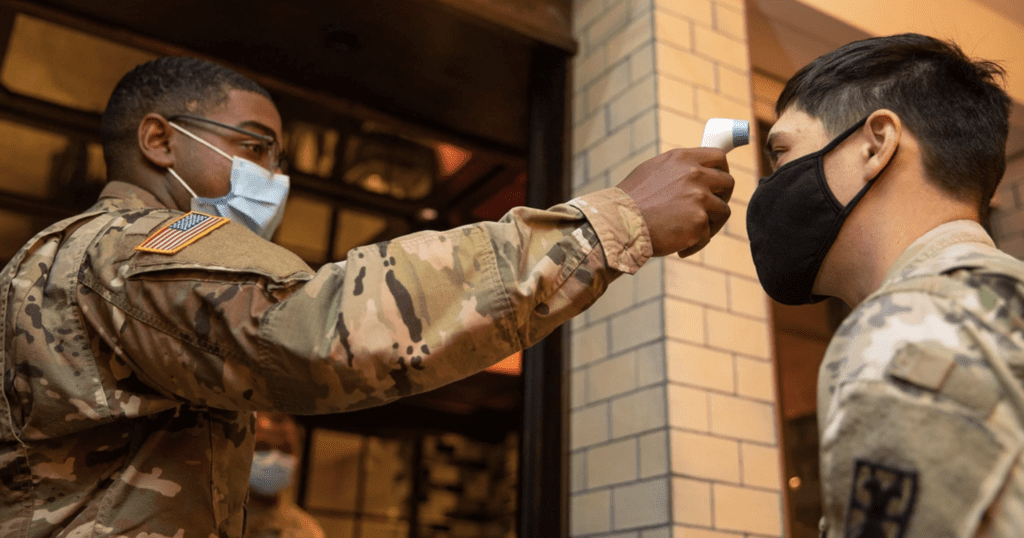
Managing Your Military Transition During A Pandemic
- by
They will enter an ever-changing job market, many for the first time. Unlike previous years, once-solid companies are filing for bankruptcy protection, businesses aren’t hiring in high numbers or are laying off workers and the market is flooded with record-high unemployment.
Adrianne Phillips, founder and Chairman of the Board of Directors for Southern California’s Strategic Alliance for Veteran Integration (SAVI), believes that while things may look unrelentingly bleak, there is still ample opportunity out there.
“The important question is, how will we adapt to the new job market process and develop our skills to meet the demands of the marketplace?” Phillips said. “The job search, application and qualification process has been lacking for some time. The current circumstances only brought greater awareness to this fact.”
Phillips, a service-disabled Air Force veteran and entrepreneur, founded SAVI after her own transition nearly led her to a path of unemployment and homelessness. Using the lessons she learned after leaving the military, she created a time-tested program tailored to individual needs that shepherds separating veterans from their last six months in the military through their first six months of civilian life.
“[Leaving the military] is a personal decision that incorporates many elements of consideration,” Phillips said. “Unfortunately, it’s not one-size- fits-all and depends heavily on the individual’s risk tolerance … you should know why you’re leaving the military and focus on building your next chapter around that. Wherever there is challenge, there is always opportunity.”
Adequately prepare
“Networking will become essential to distinguish ourselves as candidates in a flooded market,” she said. “What we do with our ‘down time’ will be looked at much more carefully. Just because you’re out of a job does not mean you cannot be productive and invest in your marketability.”
Phillips acknowledges that the pandemic adds more uncertainty to an already tense process. She says those who are still in the military will have their work cut out for them.
“Military members need to start prepping earlier then they would normally anticipate, invest into networking and learning about diverse industries, spend time cultivating
new skills and becoming comfortable working in an online environment and be open to locations they may have not previously considered,” she said.
Phillips notes the pandemic will affect the rate of military separations for as long as it affects the economy. But there are positive long-term changes to come of these effects.
“Remote work has changed the opportunities they have access to as well as the skills they’ll need to be effective in those roles,” Phillips said. “Early exposure, training and demonstrated knowledge in these areas will add tremendous value to their portfolios.”
No one is immune
Phillips believes all industries and careers could be affected in the long run. Some may become obsolete — though not while the pandemic is ongoing — but employee roles and the way employers do business is definitely subject to change.
“We can’t see the full impact of this situation because it hasn’t been realized,” she said.
For areas likely to change (or already changing), Phillips believes it’s important to know which direction that industry is headed. For separating vets, they need to know where they actually can win.
“Anything technology related is a no brainer. As we continue to digitize more and more processes, these skills are going to be essential in many industries,” she said. “Technology also has diverse needs from leadership
to administrative, so it doesn’t mean veterans have to work on computers. Renewable energy and healthcare are huge industries with a lot of innovation. Design and marketing are in constant demand as businesses begin to rebuild and open.”
The biggest misconception about job hunting in the pandemic, she says, is that no one is hiring right now.
“You have to get creative and be willing to dive into areas you did not consider previously,” she said. “Although it’s changed, there are still very viable opportunities in the job market right now both for individuals who are unemployed, underemployed or looking to transition into a new career.”
To the two-time entrepreneur, networking and developing relationships with the people in your personal and professional life is the best way to find work or advance your career.
“There’s hope and the most valuable asset is other people,” she said. “Invest into your relationships knowing that through them, the right opportunities will align themselves.”
YOU MAY ALSO LIKE
MIC Updates
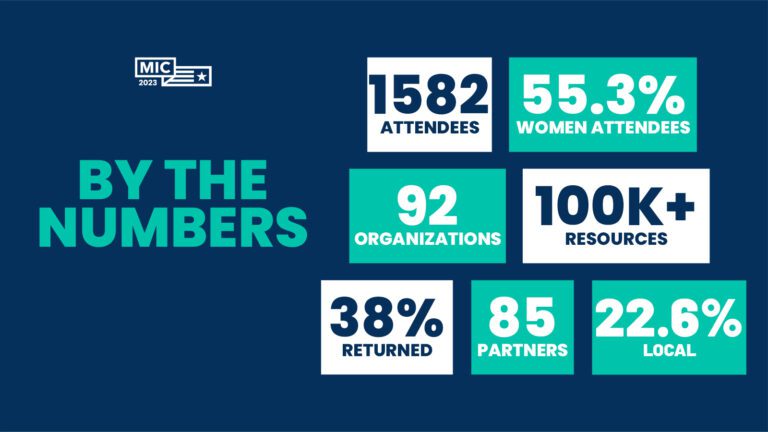
Behind The Numbers Of MIC 2023
